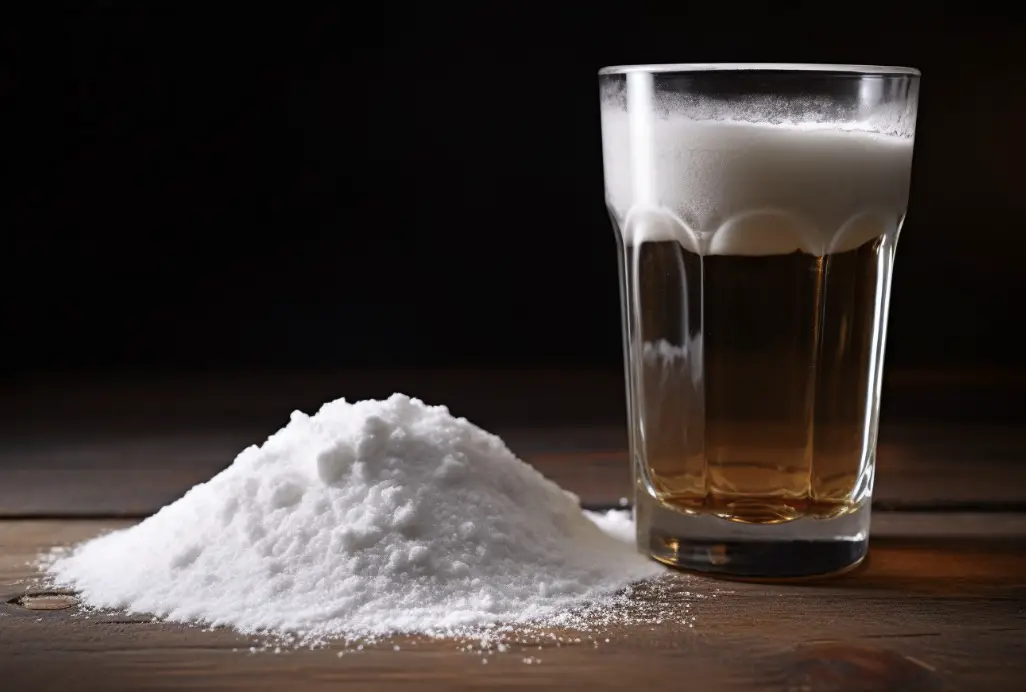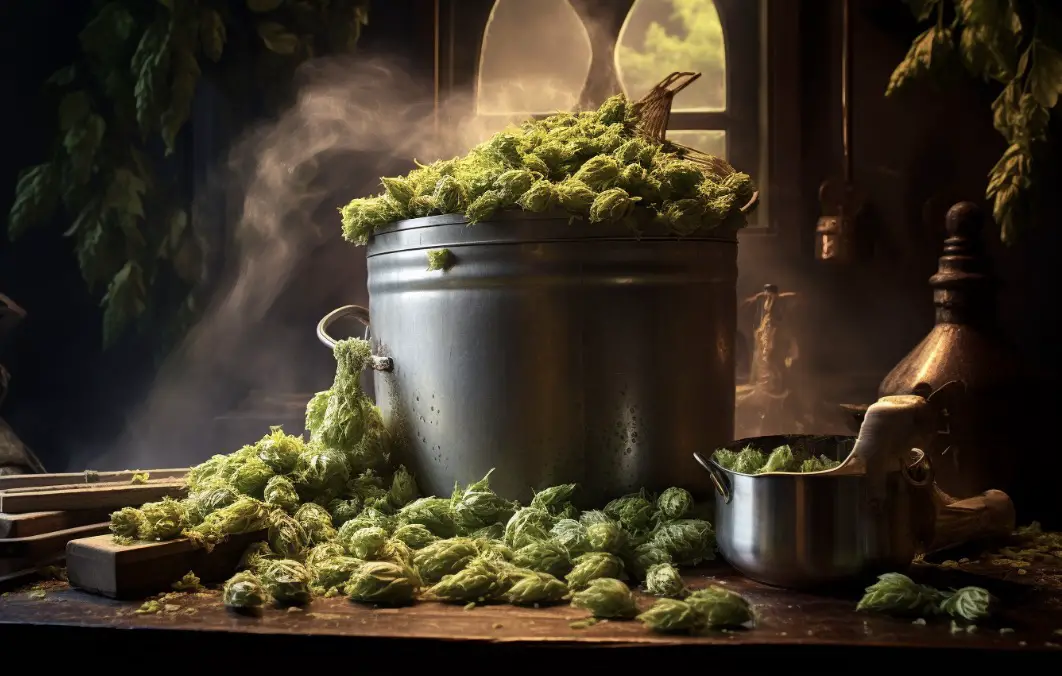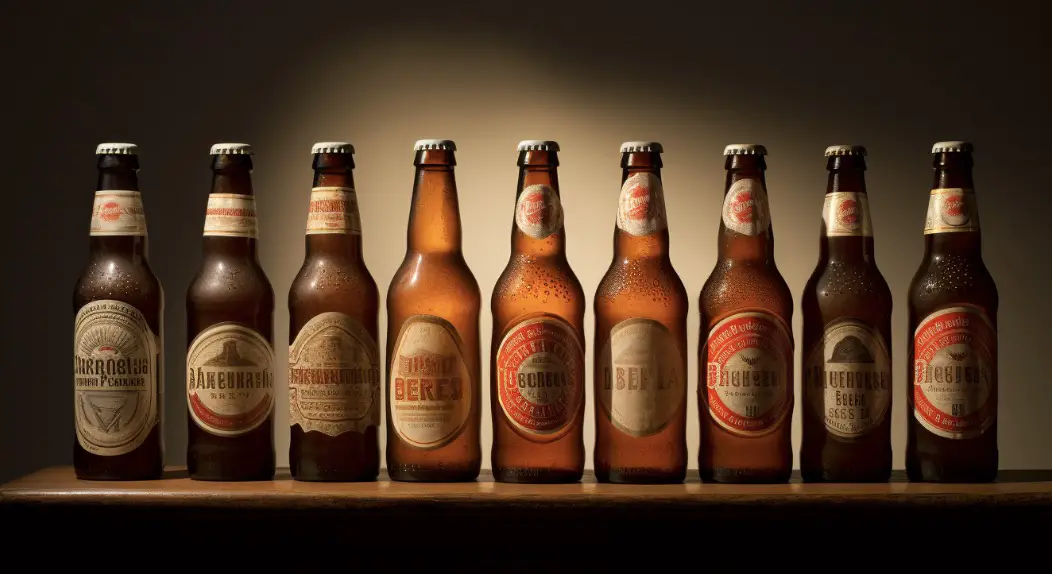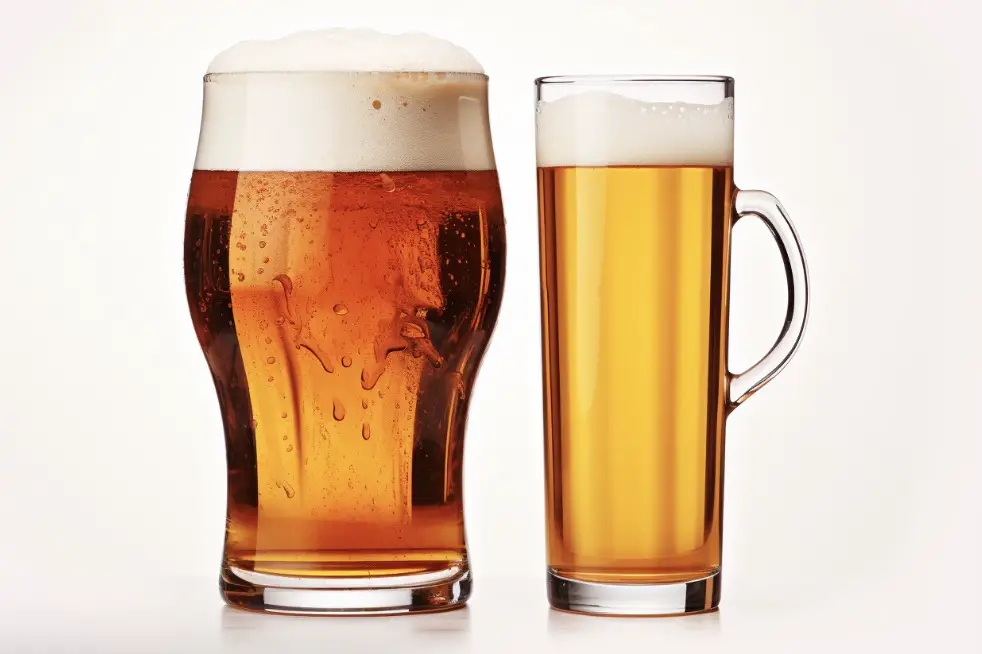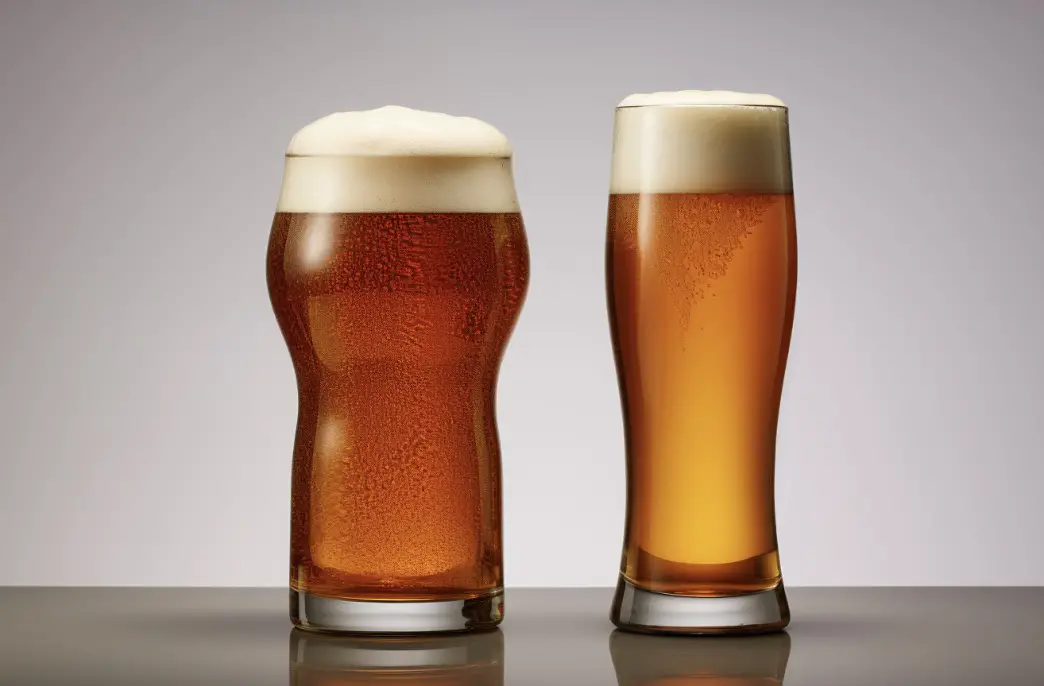When To Add Gypsum To Beer?
In the world of brewing, there are many ingredients and processes that come into play to create the perfect pint. One such ingredient is gypsum, also known as calcium sulfate. But when should you add gypsum to beer? The answer to this question lies in understanding the chemistry of brewing and the role that gypsum…
